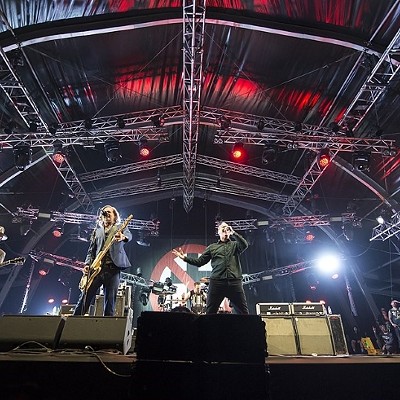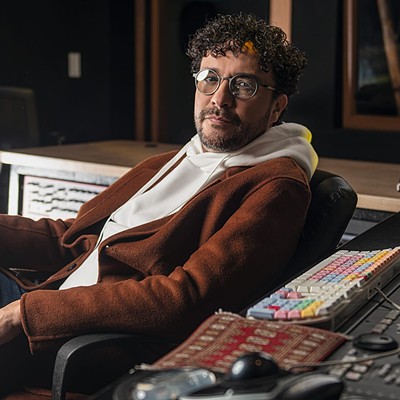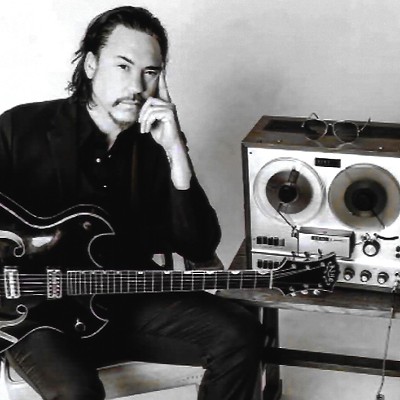Support Us
Houston's independent source of
local news and culture
account
- Welcome,
Insider - Login
- My Account
- My Newsletters
- Contribute
- Contact Us
- Sign out
[
{
"name": "Related Stories / Support Us Combo",
"component": "11591218",
"insertPoint": "4",
"requiredCountToDisplay": "4"
},{
"name": "Air - Billboard - Inline Content",
"component": "11591214",
"insertPoint": "2/3",
"requiredCountToDisplay": "7"
},{
"name": "R1 - Beta - Mobile Only",
"component": "12287027",
"insertPoint": "8",
"requiredCountToDisplay": "8"
},{
"name": "Air - MediumRectangle - Inline Content - Mobile Display Size 2",
"component": "11591215",
"insertPoint": "12",
"requiredCountToDisplay": "12"
},{
"name": "Air - MediumRectangle - Inline Content - Mobile Display Size 2",
"component": "11591215",
"insertPoint": "4th",
"startingPoint": "16",
"requiredCountToDisplay": "12"
}
,{
"name": "RevContent - In Article",
"component": "12527128",
"insertPoint": "3/5",
"requiredCountToDisplay": "5"
}
]
Wednesday, Rocks Off spoke with KCOH general manager Mike Petrizzo, who voiced his concerns about the financial hardships the proposed Performance Rights Act - which would compensate performers when their songs are broadcast on terrestrial radio the same way songwriters and publishers are - could potentially impose on his and similarly sized radio stations.
Well, as they say in the movies, there's two sides to every story, so this afternoon we spoke with Lovie Smith-Wright, president of the Houston Professional Musicians Association, Local 65-699 of the American Federation of Musicians, to see what she had to say.
Rocks Off: This is pretty much because record sales have dropped so drastically, right?
Lovie Smith-Wright: Ahhh... no. The Performance Rights bill is because any musician or artist, when music is played on live radio, no one gets a penny. With satellite and cable radio, the artists are compensated. Any time you hear a piece of music played over the radio, the artist gets not a dime. This is just some legislation to correct a wrong that's been going on for years.
RO: I noticed something on Congresswoman Lee's Web site that said the law hadn't been amended since 1909. Phonographs were barely even invented back then, right?
LSW: Right. This is the way it works. When you're in any other country and an artists' work is played, there's money that could come to the U.S. An American artist, let's say Dionne Warwick, if an album of hers or something is being played there, the money that's being collected would be sent to the U.S., but because the U.S. doesn't have that kind of law here, the artist doesn't get it. And it's only because we don't have one here. Cable and satellite radio pay a residual, but terrestrial radio does not.
RO: The Internet also pays out. How does that work? Is it like whenever something is downloaded from iTunes a little bit of money gets transferred over?
LSW: I'm not sure how the Internet works. That's some fairly new legislation. It could be part of the cable and satellite bill. But yes, royalties are paid - I don't know what percentage it is, but something is paid to the artists.
RO: If this thing goes through, who specifically would these radio stations or the National Association of Broadcasters make the check out to?
LSW: I'm not sure. I don't think all that's been determined yet. That's the thing. It would probably go to SoundExchange, who writes the checks to the artists. I think. I'm not 100 percent sure. I don't know that the details have been worked out.
That's what's so confusing. These smaller radio stations are saying they're going to be shut down, and nobody's going to shut anybody down. All this is still being negotiated. We're just trying to get the bill passed so the rights will be there. Then once that's done, we'll start negotiating on percentages and stuff like that.
RO: Since it hasn't passed, is there any way to determine how much of a real difference this extra money would actually make, say in the life of a day-to-day working Houston musician?
LSW: It probably would put some groceries on somebody's table, it might help pay for some medicine. You know, $30 goes a long way for somebody who has nothing. It might not be much, it might be a lot. Like I said, the percentage of what would be paid to the artist hasn't been determined yet.
RO: It doesn't seem like it would be the Kanyes and the Justin Timberlakes of the world that would really benefit the most from this...
LSW: Well, they would! They're all singing. If they didn't write the song - the only people that get the money now are the songwriters. The artists that are performing don't get a cent. Like Patsy Cline. [Her estate] doesn't get any money from her tunes.
RO: This is what I'm getting at. The radio stations that are most likely to play up-and-coming artists, noncommercial and nonprofit, and stations like KCOH here, people that aren't on big labels and Clear Channel playlists. It seems like those artists could use the money the most, but it would also hurt the stations most likely to play them the most. Is that kind of a Catch-22?
LSW: Is $500 a lot of money for a year? Or 1,000 for a year?
RO: Is it, for a radio station?
LSW: No! Of course not! They're getting commercials. Think of it this way: if they didn't have the artist and play their music, they wouldn't have a product. People don't turn the radio on to hear commercials. They turn the radio on to hear artists. Right?
RO: Right. Opponents of the bill say most of the money being paid out would actually wind up overseas.
LSW: That's not true. That's false.
RO: Why would they say that, and what's not true about it?
LSW: They don't even really know what the bill says, and they haven't allowed us to come in and speak with them to explain what the bill says. I mean, we'd love to get them all together in a room and sit down and have an open discussion, and explain to them what the bill's all about.
RO: Are you guys planning anything like that?
LSW: I would love to do that.
RO: Speaking of that, what kind of things is your organization doing to raise awareness of this?
LSW: When Congresswoman Lee was here, we went to KCOH and they wouldn't let us in the door, basically. We did a press conference over at the federal building. I think she did an article in one of the newspapers. Michael from KCOH has called a few times, but each time he's called I've been out.
I'm going to try to get him and Majic 102 and some of the smaller stations together. I'd love to sit down with them and just explain the bill to them and let them ask questions and set them straight, because somehow they've gotten some bad information They're going by hearsay - I don't think they've really read and understand the bill.
KEEP THE HOUSTON PRESS FREE...
Since we started the Houston Press, it has been defined as the free, independent voice of Houston, and we'd like to keep it that way. With local media under siege, it's more important than ever for us to rally support behind funding our local journalism. You can help by participating in our "I Support" program, allowing us to keep offering readers access to our incisive coverage of local news, food and culture with no paywalls.
Chris Gray has been Music Editor for the Houston Press since 2008. He is the proud father of a Beatles-loving toddler named Oliver.
Contact:
Chris Gray
Trending Music
- Country Rock Thrives with Gene Clark and Flying Burrito Brothers for Record Store Day
- Top 10 Butt-Rock Bands of All Time
- Houston Concert Watch 4/17: Adan Ant, Bad Religion and More
-
Sponsored Content From: [%sponsoredBy%]
[%title%]

Don't Miss Out
SIGN UP for the latest
Music
news, free stuff and more!
Become a member to support the independent voice of Houston
and help keep the future of the Houston Press FREE
Use of this website constitutes acceptance of our
terms of use,
our cookies policy, and our
privacy policy
The Houston Press may earn a portion of sales from products & services purchased through links on our site from our
affiliate partners.
©2024
Houston Press, LP. All rights reserved.





